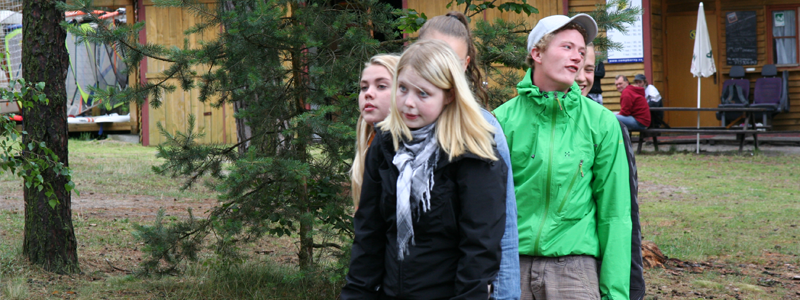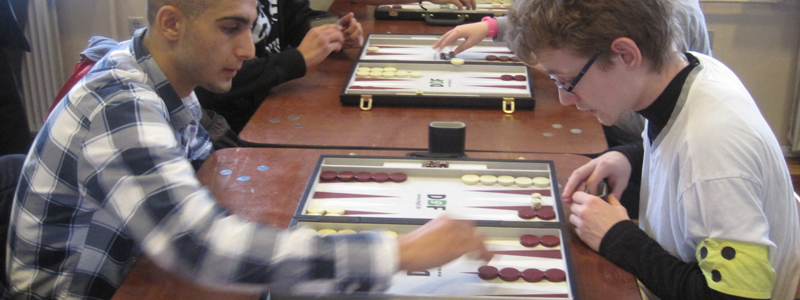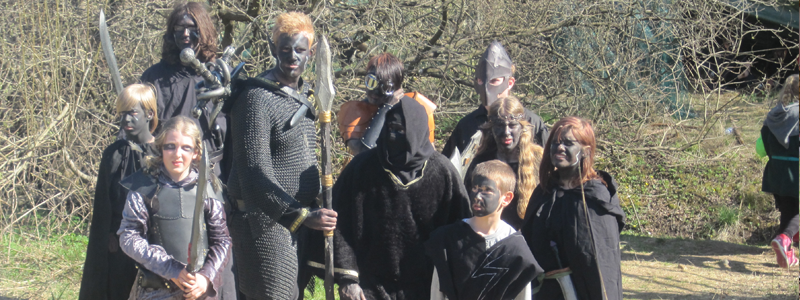|
Topic Introduction
MAPPING YOUR PROFESSIONAL KNOWLEDGE

What are the expectations and tasks when the foster care child becomes a teenager?
Please reflect on these questions – you have valuable professional knowledge from your own teenage life:
- How did you experience your own shift from being a child to becoming a teenager?
- How did your social relations with peers change?
- How did you experience the physical changes of your body?
- How did you experience your emotional states?
- What made you feel embarrassed or ashamed?
- How did your view, behaviour and attitudes towards your parents change?
- What did your parents and other adults do to help you – what did they do that was not helpful?
- Did you experience dilemmas between being loyal towards your parents and wanting to have an independent life? Please describe them.
- As a conclusion: what was most challenging for you as a teenager?
Please write down these thoughts as your personal competences and experiences in helping your foster care teenager.
|
THE GENERAL DEVELOPMENT AND TASKS WHEN WORKING WITH TEENAGERS

In general the teen age of your foster child is like that of other teenagers, but due to the insecure background of earlier life, the teenage period can be very challenging and emotions can become more intense than usually. In this period attachment is reversed into the question about how detachment and separation can happen in a positive way to reach independent adulthood and education.
Children who have experienced severe maltreatment or deprivation when they were infants often experience an earlier onset of puberty (this is probably a survival mechanism), some already from age 8-10.
Research indicates that placement in foster families can be an emotional challenge if the young person had a difficult start in life. This is an age where intimacy and closeness can be provoking, and in many cases conflicts can lead to an interruption of the placement: there may be heavy quarrels and conflicts, the young person may run away, isolate himself or herself, refuse to listen to the foster parents or to reason with them etc. Much depends on the strength of the bonds that have been formed before teenage life with the foster parents. If you have brought the young person from childhood to puberty and the relation becomes too difficult for him or her to stay in the family, you should consider this as something that happens frequently in foster care. Young people who are very provoked by intimacy in fact often have less problems cooperating with professional caregivers whom they are not too close to.

In puberty the young person also has to form a new and independent self, and will typically shift between childish dependence and trust, and attempts to achieve independence by making a distance towards the foster parents. Very often the young person will feel a need for revisiting the biological parents and relatives in order to find out what is illusion and what is reality.
Identifying with the peer group becomes much more important than identifying with the foster parents. Issues like “When should I be home in the evening – can I go to this party – can I have holes in my ears?” etc. come up. Studies indicate that young people in foster care have severe problems in following peer groups: foster parents are often afraid (and often with good reasons) what will happen if they for example allow the young person to go to a party in class. As a result they are often much more restrictive than other parents and this becomes a major problem for the young person.
There are no easy solutions to these problems, but some professional methods that may be of help. |

 English
English








